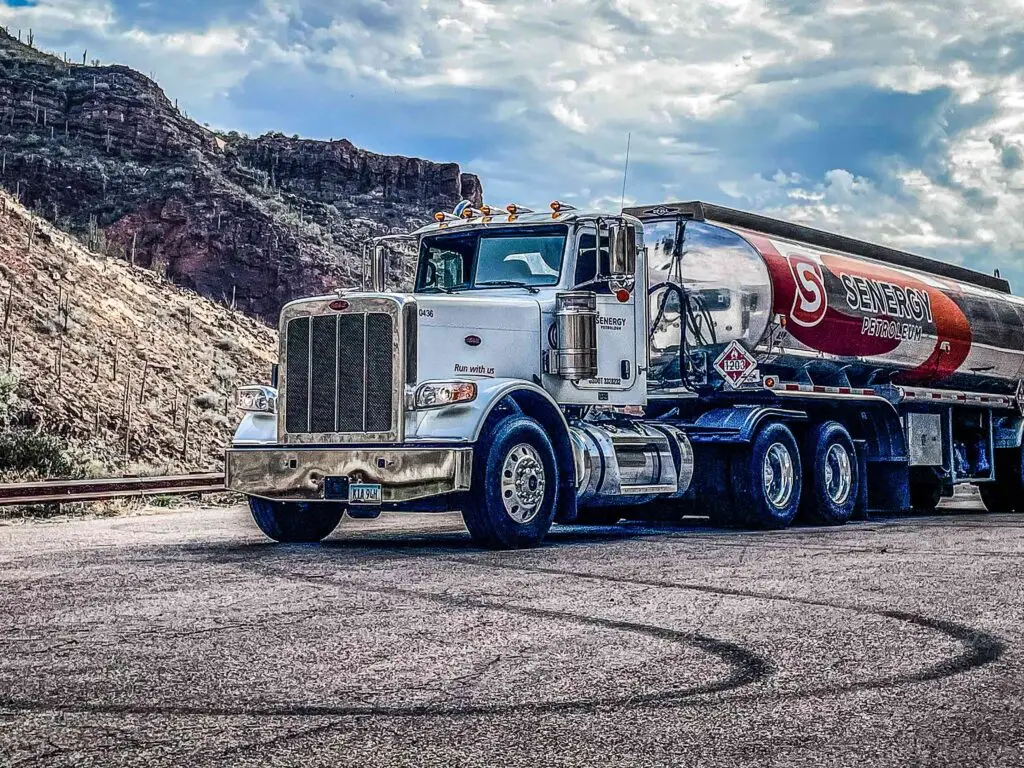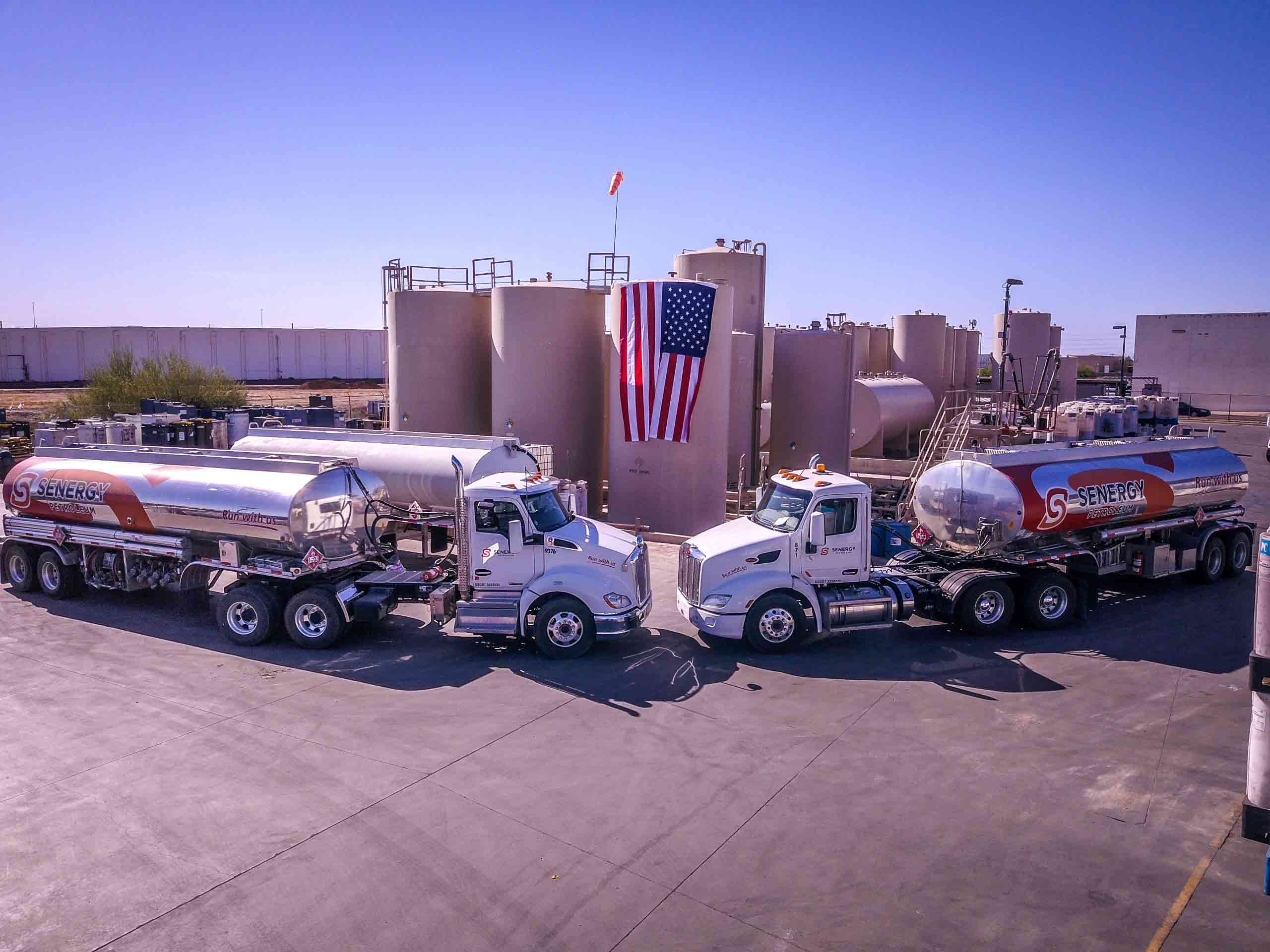Optimizing Commercial Fuel Solutions for Transportation Efficiency
Transportation is a cornerstone of the global economy, with fleets moving people and goods daily. As fuel costs rise and environmental concerns grow, optimizing fuel use has become essential—not just for saving money, but for improving sustainability, enhancing fleet performance, and ensuring long-term profitability.
Effective fuel management combines advanced technology, driver training, and smart fuel practices. Investments in hybrid and electric vehicles reduce costs while supporting environmental goals, delivering both operational and sustainability benefits.

How Driving Habits Impact Fuel Efficiency
Driver behavior significantly impacts fuel consumption. Actions like idling, hard braking, and rapid acceleration can waste substantial amounts of fuel. Encouraging drivers to adopt fuel-efficient habits—such as minimizing idling, accelerating smoothly, and maintaining steady speeds—can translate into measurable cost savings for fleets.
Implementing driver monitoring programs, tracking fuel usage patterns, and providing feedback can improve efficiency and profitability.
Incentivizing fuel-efficient driving habits motivates positive changes. Training sessions on defensive driving and speed management help reduce fuel consumption. Fleet managers can enhance this effort by using real-time tracking to identify areas for improvement and provide immediate feedback. Regular inspections and consistent guidance foster sustainable economy-driving habits, optimizing fleet performance.
Fuel Optimization Through Maintenance
Regular vehicle maintenance is crucial for maximizing fuel efficiency. Properly tuned engines, timely oil changes, and routine checks contribute to smoother operation and reduced fuel consumption. Neglecting maintenance can lead to wasted fuel and costly repairs down the line.
Following a consistent maintenance schedule helps detect and address mechanical issues before they escalate.
Businesses should enforce rigorous maintenance protocols, including engine diagnostics, transmission inspections, and fuel system assessments. Installing performance-enhancing accessories like low-resistance tires and using synthetic lubricants further boosts efficiency. Fleet operators can also leverage onboard diagnostics to monitor performance in real time, enabling prompt adjustments and repairs. These proactive measures ensure fleet reliability, enhance productivity, and deliver long-term cost savings.

Smart Route Planning for Fuel Efficiency
Effective route planning plays a key role in improving fuel efficiency. Choosing the shortest and least congested routes conserves fuel, reduces travel time, and enhances customer satisfaction. Advanced routing tools help fleet managers optimize routes by factoring in traffic, weather, and fuel station locations.
Dynamic routing policies that adjust to real-time road conditions are essential. Historical traffic data and predictive analytics allow fleet managers to chart efficient routes with minimal delays. Geofencing technology also helps guide drivers along fuel-efficient paths, avoiding unnecessary idling and stoppages. By adopting smart logistics strategies, businesses can maximize fuel savings while maintaining operational schedules.
Run With Us for Commercial Fuels
At Senergy Petroleum, we understand the challenges you face in today’s fast-paced, regulated transportation landscape. That’s why we’re here to provide more than just fuel and lubricants—we’re your partner in achieving efficiency, sustainability, and success.
Our products and expertise are designed to optimize your operations and help you meet industry demands with confidence. When you run with Senergy, you’re not just keeping your fleet moving—you’re driving your business forward. Let us fuel your journey and power your success.


